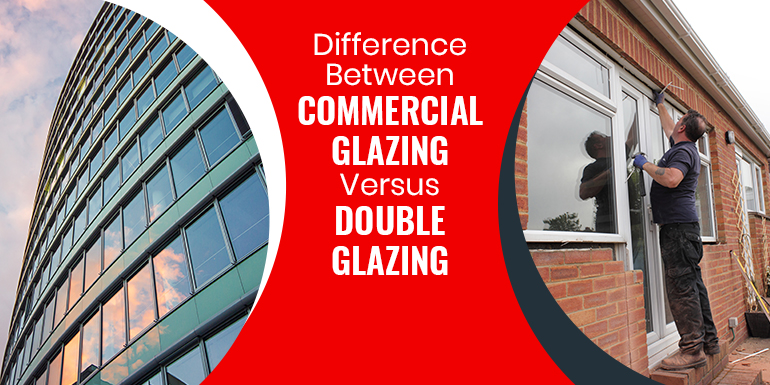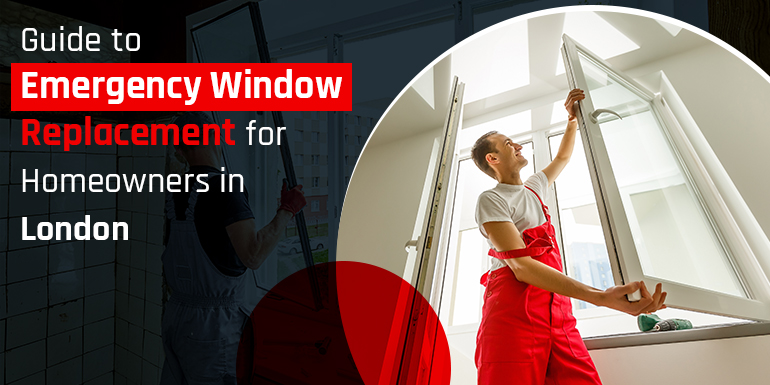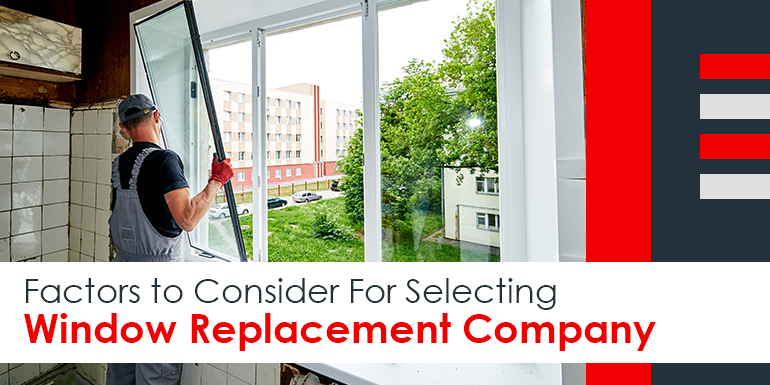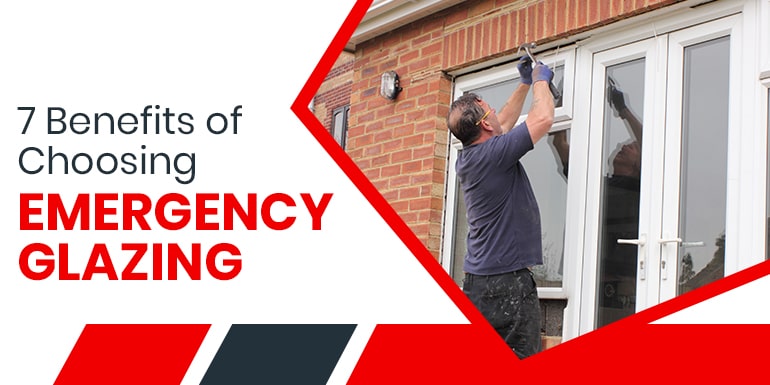
Difference Between Commercial Glazing Versus Double Glazing
When discussing about different kinds of glazing options, you need to know that commercial glazing is the one that gets installed on a commercial property. This should satisfy with certain regulations and safety standards of glazing. Several application methods and materials are being used in case of residential commercial glazing based on their size. This blogpost discusses about the difference between these two kinds of glazing options:
Commercial glazing
You will require specialised equipment in case of commercial glazing according to the size of commercial buildings. The glazing application will often be done on-site and the materials as well as glass used should adhere certain standards for meeting with health and safety standards in the UK. A commercial owner is responsible for the health and safety concerns of occupants and so, the present regulations demand that the emergency commercial glazing service should satisfy with these needs:
- The glazing has to regulate solar energy transmission. In the inside part of commercial buildings, there will be more heat generated from people and equipment than for average house. Most people prefer using cooling systems and the glazing option has to regulate solar energy by restricting its absorption. This is somewhat different to residential emergency double glazing service that have been designed to absorb solar energy.
- The glazing should be able to offer weather resistance. By using aluminium frames that are lightweight, strong and flexible, the windows should withstand building sway, change in temperature, strong winds and water penetration.
Commercial glazing interior and exterior applications
- Door closures
- Custom glass
- Entrance doors
- Furniture
- Mirrors
- Skylights
- Security glass
- Curtain glass
- Storefront glass
Benefits of commercial glazing
- The natural light can enter your office
- Aesthetic appeal ensures shoppers can view clearly into the store
- Thermal insulation that can help to decrease heating bills
Double glazing option
Double glazing option consists of two glass panes that can be separated through a layer of air or gas. Since gas is a bad conductor of heat, it offers good thermal insulation. The building will heat quickly and also retain heat to lessen the electricity bills. Double glazing provides great acoustic insulation. This glazing option is usually supplied in the form of a unit which should be installed into your window frame. The safety standards and regulations for double glazing will differ from the glazing used for commercial properties.
Energy ratings of double glazing
The glazed windows usually have a Windows Energy Rating or WER attached with them. These ratings may range from extremely efficient which is A++ to very inefficient which is G. Double glazing option should abide by the building regulations that demands at least C rating. This rating will then be calculated by taking into account several things such as – air leakage or L vale, solar factor or G value and thermal transmittance or U value.
Thus, residential buildings and commercial buildings have different environment and so, the glazing they require should meet with several standards and regulations. You may get in touch with us today to know more about commercial glazing and residential glazing options for your requirement.

















